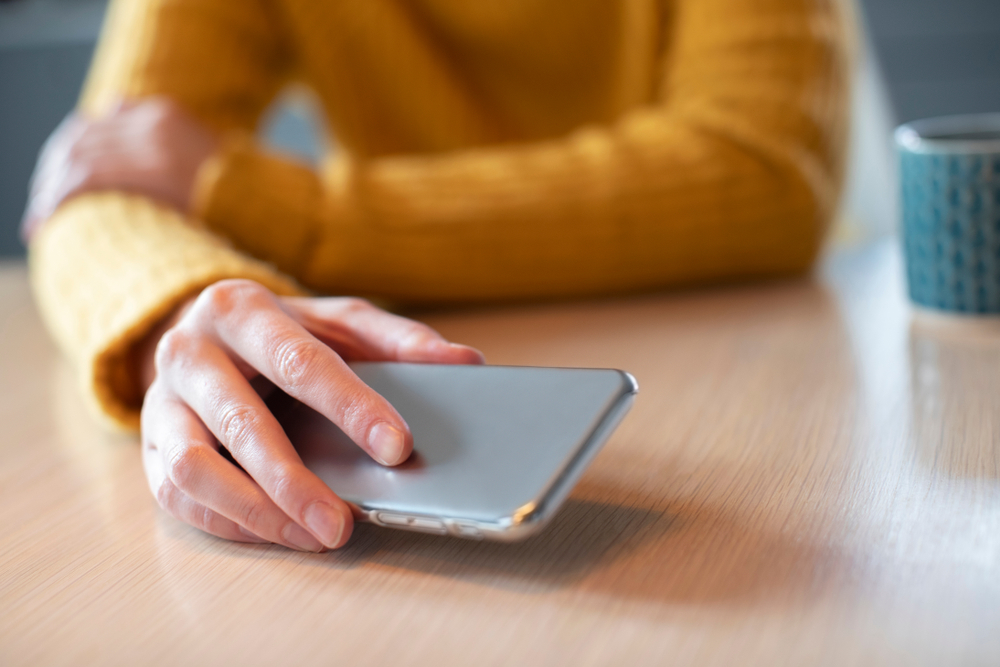It’s no surprise that in a world dominated by screens, many of us are concerned about how much time we spend connected to our smartphones. While the advantages of limiting screen time are widely recognized, the issue remains: how much is enough? A new study shed light on this quandary, and the solution is delightfully easy.
The 30-minute switch to improve your mental health
This innovative research from Iowa State University, published in the journal Technology, Mind, and Behavior, involved 230 undergraduate students. They were divided into two groups: one was told to cut their daily social media use by 30 minutes, while the other was told to keep using it as usual. The results were nothing short of astounding.
Small change, big difference
The study found that even a little decrease in screen usage had a significant favorable effect on participants’ mental health. Those who reduced their use of social media reported less anxiety, melancholy, loneliness, and the dreaded “fear of missing out.” It demonstrates the power of tiny changes in our daily habits.
The method used in this study is extremely notable. Unlike many past study studies that relied on externally administered monitoring, this one placed the burden entirely on the consumers. This realistic and practical approach is especially beneficial for people who are just starting on the path to mindful digital consumption.
How to control your social media usage
Reducing social media usage may appear to be a difficult endeavor at first, but with the correct tactics, it becomes far more achievable. Here are some helpful hints and resources to get you started:
1. Establish phone-free zones
Set aside areas where you will not use your phone, such as your sleep, office, or when you are with others. Fewer screen time areas automatically limit your usage.
2. Establish a schedule
Limit your phone usage to specified times of day. For example, go phone-free for the first and last hour of your day, or limit social media access to a specific time, such as noon to 5 p.m.
3. Strategically delete apps
If you find yourself mindlessly bouncing between apps, consider eliminating one of them to begin with. Begin with the app that gives you the least joy or connection, or one that you only use when you’re bored.
4. Use screen time tools
Many smartphones have screen time limit features. Set the daily time limit for each app. When your given time expires, you must intentionally prolong it, creating mindfulness in your social media intake.
In addition to these measures, it is critical to track your emotional reaction to social media. Limit your exposure if you notice emotions of loneliness, insecurity, anxiety, or distress. Fill the extra time with activities you enjoy; it may be difficult at first, but remember that healthy habits take time to build. It will become simpler with dedication, and the benefits to your mental health will be tremendous.
Taking control of your screen time has never been more important in a world where devices dominate our lives. The study is clear: cutting back on social media for 30 minutes each day for two weeks can have a significant influence on your mental health. So, if you’ve been wondering how to reduce your social media intake but don’t know where to begin, this simple change could be the way to a happier, healthier you.











